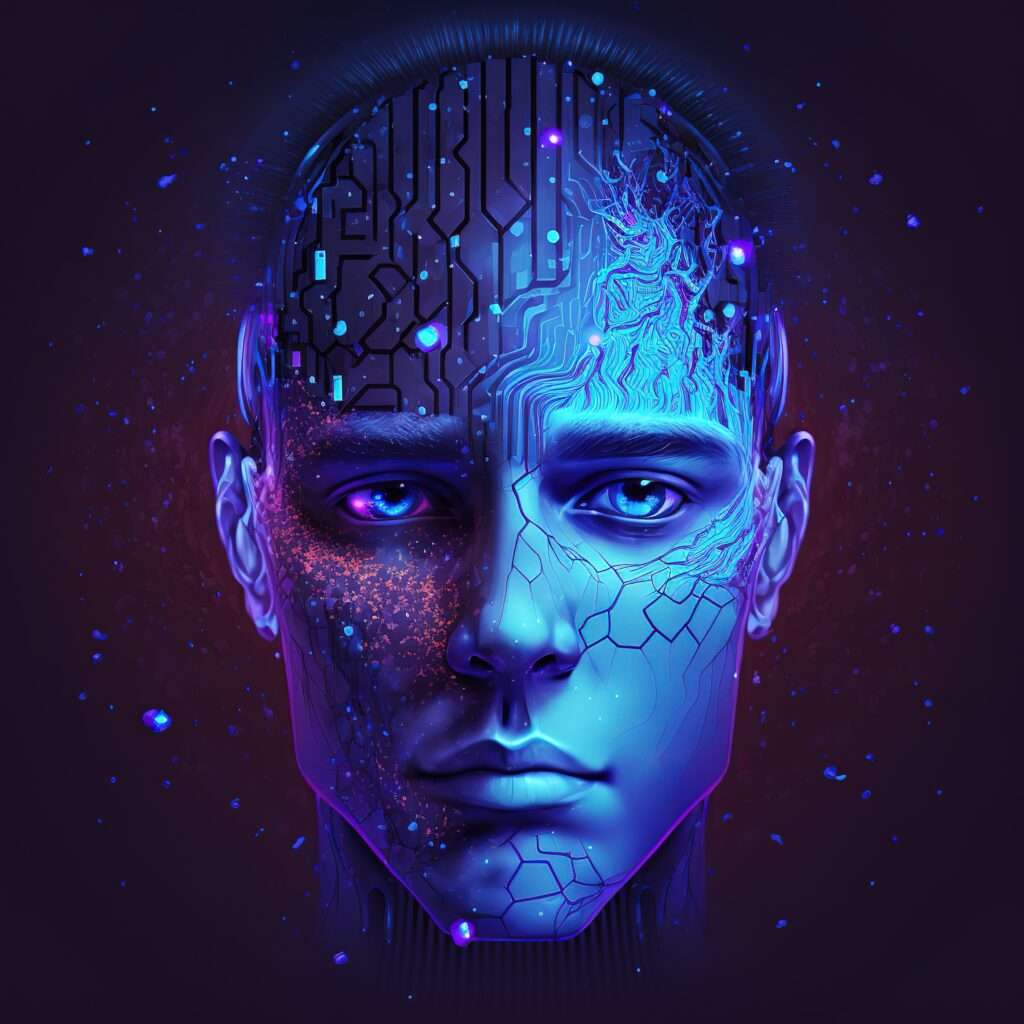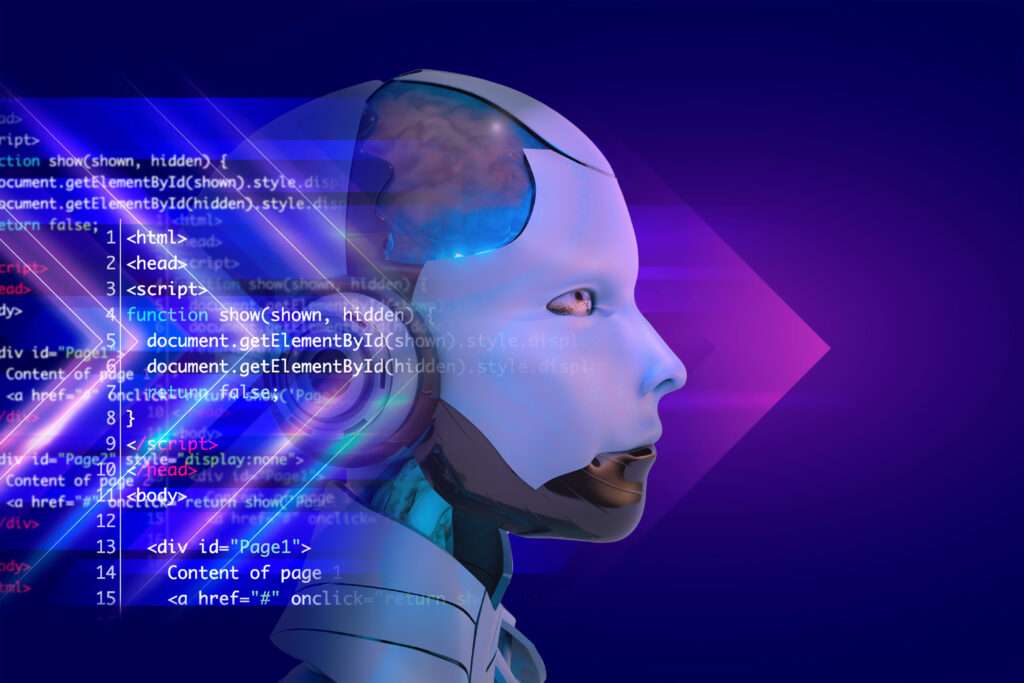ARTIFICIAL INTELLIGENCE (AI)
Artificial Intelligence (AI) refers to the simulation of human intelligence in machines that are programmed to think, learn, and solve problems like humans. It is the ability of a digital computer or computer-controlled robot to perform tasks commonly associated with intelligent beings.
AI systems are designed to analyze and interpret vast amounts of data, recognize patterns, make informed decisions, and perform tasks that typically require human intelligence. These systems can process data at a much faster rate and with greater accuracy than humans, making them useful in a wide range of applications. It uses several techniques and methodologies, including machine learning, natural language processing, expert systems, and robotics, among others. Machine learning, in particular, is a key component of AI, enabling systems to learn from data and improve their performance over time without explicit programming.
AI has numerous applications across industries, such as healthcare, finance, manufacturing, transportation, and entertainment. It has the potential to revolutionize various aspects of our lives, improving efficiency, decision-making, and innovation. However, it also raises ethical and societal considerations that need to be addressed as AI technology continues to advance.

HOW DOES AI WORKS
AI systems work by ingesting large amounts of labeled training data, analyzing the data for correlations and patterns, and using these patterns to make predictions about future states. In this way, a chatbot that is fed examples of text can learn to generate lifelike exchanges with people, or an image recognition tool can learn to identify and describe objects in images by reviewing millions of examples.
Why is artificial intelligence important?
AI is important for its potential to change how we live, work and play. It has been effectively used in business to automate tasks done by humans, including customer service work, lead generation, fraud detection and quality control. In a number of areas, AI can perform tasks much better than humans. Particularly when it comes to repetitive, detail-oriented tasks, such as analyzing large numbers of legal documents to ensure relevant fields are filled in properly

There are two main types of AI:
- Narrow AI: This type of AI is focused on performing specific tasks or functions. Examples include virtual assistants like Siri or Alexa, recommendation systems, image recognition software, and autonomous vehicles. Narrow AI operates within a limited domain and does not possess general intelligence.
- General AI: This refers to AI systems that possess human-like intelligence and can understand, learn, and apply knowledge across different domains. General AI aims to replicate the full range of human cognitive abilities and adapt to various situations. However, achieving true general AI is still a significant challenge and an active area of research.
- Super AI: This AI refers to a level of Intelligence of Systems at which machines could surpass human intelligence, and can perform any task better than human with cognitive properties. It is an outcome of general AI. Super AI is still a hypothetical concept of Artificial Intelligence. Development of such systems in real is still world changing task.










